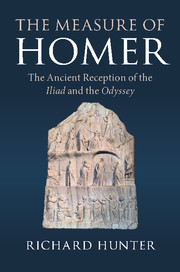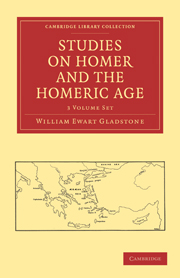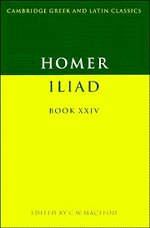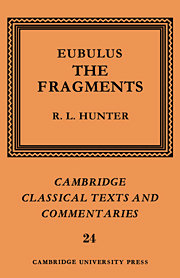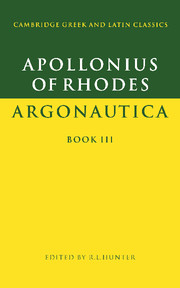The Measure of Homer
Homer was the greatest and most influential Greek poet. In this book, Richard Hunter explores central themes in the poems' reception in antiquity, paying particular attention to Homer's importance in shaping ancient culture. Subjects include the geographical and educational breadth of Homeric reception, the literary and theological influence of Homer's depiction of the gods, Homeric poetry and sympotic culture, scholarly and rhetorical approaches to Homer, Homer in the satires of Plutarch and Lucian, and how Homer shaped ideas about the power of music and song. This is a major and innovative contribution to the study of the dominant literary force in Greek culture and of the Greek literary engagement with the past. Through the study of their influence and reception, this book also sheds rich light on the Homeric poems themselves. All Greek and Latin are translated.
- Explores Homer's influence on all subsequent literature and culture in classical antiquity
- Examines the poems as the Greeks and Romans would have read them, without devoting excessive space to the difficult problems of composition and origin
- All Greek and Latin are translated
Reviews & endorsements
'… endlessly interesting book … the importance of [Hunter]'s elegant elucidation of the historical 'reception' of Homer is that it casts instructive light on the ancient world.' Classics For All
'H. convincingly demonstrates how greatly modern interpretations of perennially popular Homeric scenes (such as Odysseus among the Sirens or Achilles and his lyre) can be enriched by engaging with ancient readers as diverse as Horace, Dio Chrysostom, Clement of Alexandria and Sextus Empiricus along the way.' Anna Stelow, Religious Studies Review
Product details
April 2018Hardback
9781108428316
264 pages
235 × 159 × 8 mm
0.51kg
1 b/w illus.
Available
Table of Contents
- 1. Placing Homer
- 2. Homer and the divine
- 3. The Golden Verses
- 4. Homer among the scholars
- 5. The pleasures of song.

